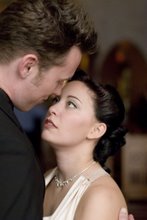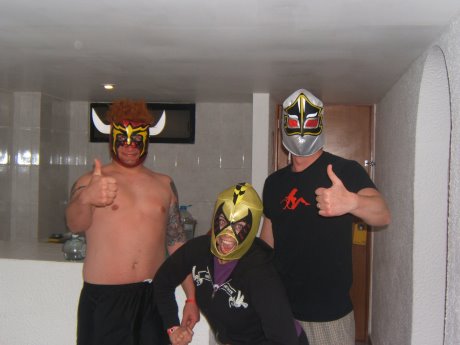My dog lay dead five days without a grave
In the thick of summer, hid in a clump of pine
And a jungle of grass and honeysuckle-vine.
I who had loved him while he kept alive
Went only close enough to where he was
To sniff the honeysuckle-smell
Twined with another odour heavier still
And hear the flies' intiolerable buzz.
Well, I was ten years old and very much afraid.
In my kind world the dead were out of range
And I could not forgive the sad or strange
In beast or man. My father took the spade
And buried him. Last night I saw the grass
Slowly divide (it was the same scene
But now it glowed a fierce and mortal green)
And saw the dog emerging. I confess
I felt afraid again, but still he came
In the carnal sun, clothed in a hymn of flies
And death was breeding in his lively eyes
I started to cry and call his name
Asking forgiveness of his tongueless head.
...I dreamt the past was never past redeeming:
But whether this was false or honest dreaming
I beg death's pardon now. And mourn the dead.
This poem affected in a couple different ways. Obviously, it speaks of death and the fear of those who are dead coming back to repay us for the ways we wronged them in their life or their death. The boy who is ten is worried that he neglected the dog, left him alone too long, and that he may have died because of it.
I also liked the contradictions the poem presented in the last two stanzas. Even though a dead dog is rising from it's grave, the green glows a fierce and mortal green. The flies intolerable buzz instead becomes a hymn. Death is breeding in his lively eyes.
I related to the fact that as children, we don't understand, tolerate or accept death. The first death is always the strangest. How could a pet or a relative simply be gone? How could our parents, who can fix everything, be unable to make this right? Why would a being who created our world and who is all powerful let this happen to a soul that we wanted to keep around?
Then the author tries to come to grips with the idea in the last few lines when he says I dreamt the past was never past redeeming... I beg death's pardon now. And mourn the dead. The author humanizes death ( as many of us try to do) in order to understand it. He asks forgiveness from death itself for his childhood transgressions against it. Maybe because he fears his own death someday.
This poem jumped out at me. I've lost alot of relatives and pets over the years. I've never really been a fan of death. Now as I grow older however, I try to show death some respect so that I may be treated well in my own death. It doesn't make any rational sense, but there it is just the same.
Subscribe to:
Post Comments (Atom)


No comments:
Post a Comment